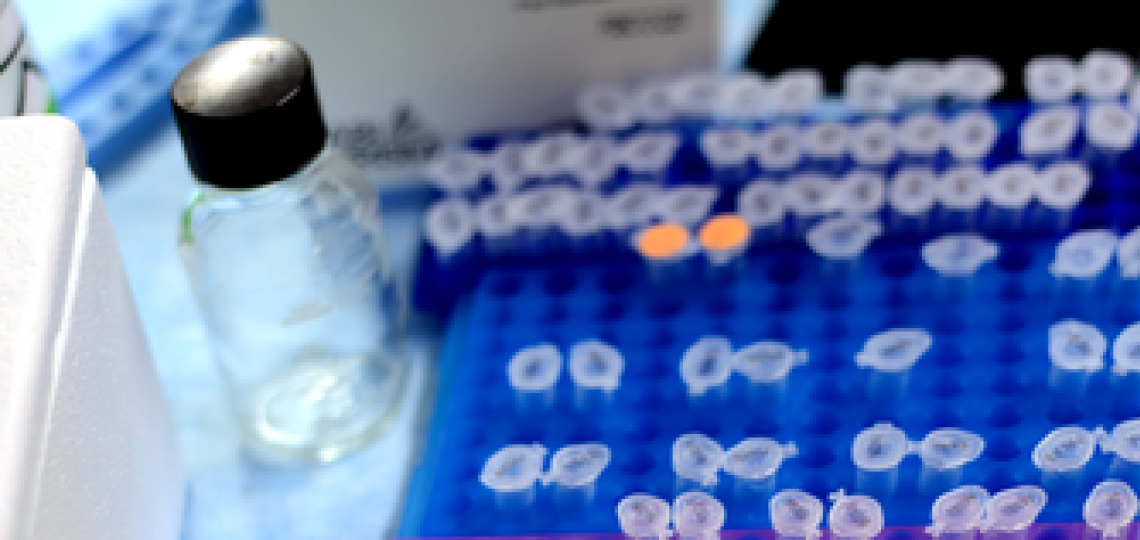What You Need to Know About Testicular Cancer
A number of noncancerous conditions, such as injury to the testicles, can produce symptoms similar to those of testicular cancer. Inflammation caused by viral or bacterial infection of the testicles, known as orchitis, can cause painful swelling.
Although testicular cancer is one of the most common cancers in men 18 to 35 years of age, the disease is relatively rare, accounting for only about one percent of all cancers in American men. Testicular cancer is almost always curable if it is found early.
Because it also occurs in other age groups, all men should be aware of the symptoms.
Symptoms
The following symptoms are not sure signs of cancer and may be caused by other conditions. However, it is important to see a doctor if any of these symptoms lasts two weeks or longer. A lump in either testicle, enlargement of a testicle, a feeling of heaviness in the scrotum, a dull ache in the lower abdomen or in the groin, a sudden collection of fluid in the scrotum, pain or discomfort in a testicle or in the scrotum, or enlargement or tenderness of the breasts.
Diagnosis
Testicular cancers are found most often by men themselves as a lump in the testicle. Others are found by a physician during a physical examination. Risk of this disease is greater in boys with undescended testicles. And it is more common in white men than in black men.
Treatment
Testicular cancer can be treated with surgery, radiation therapy, and chemotherapy, or a combination of these treatments.
Outlook
Improved methods of diagnosis, leading to earlier treatment, have improved the outlook for men with testicular cancer. A large majority of testicular cancer patients are cured by their initial treatment, and many of those who have a recurrence also can be cured.
Clinical Trials
Baylor College of Medicine conducts clinical trials that give participants access to the latest, most comprehensive diagnostic and treatment options available. See related clinical trials.









